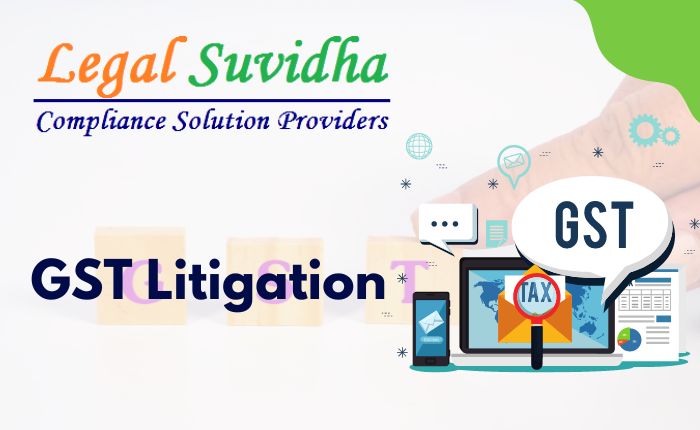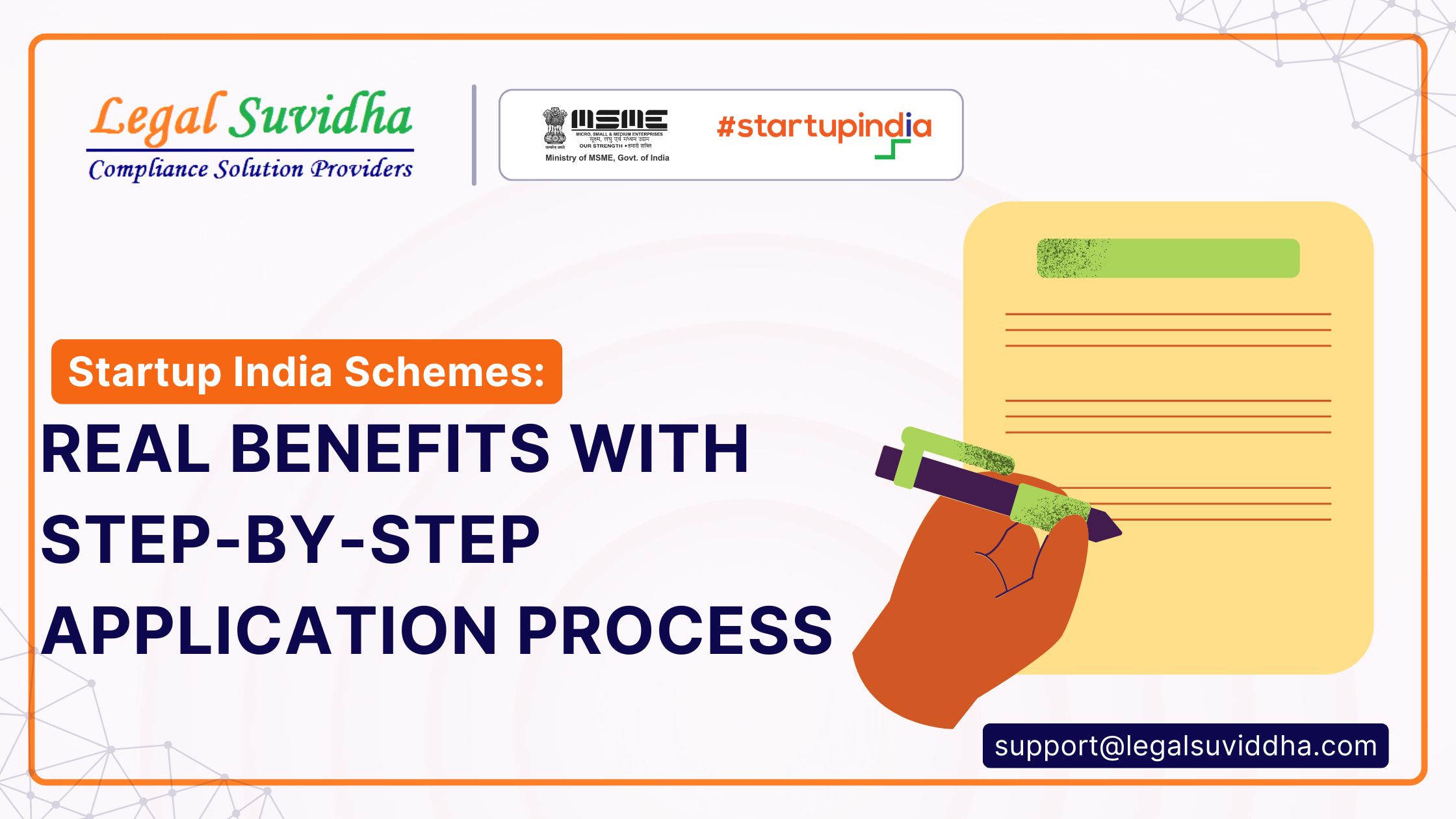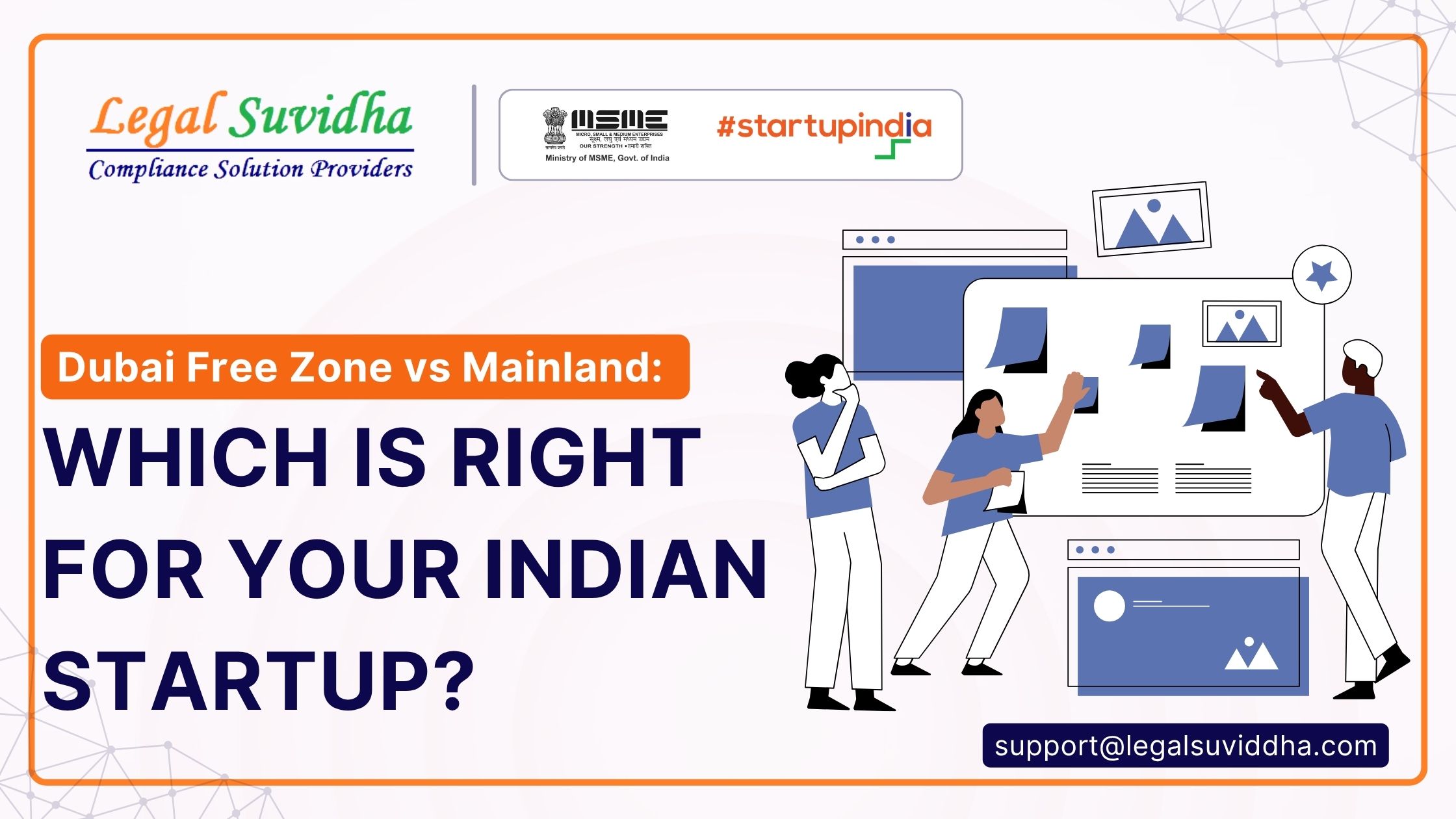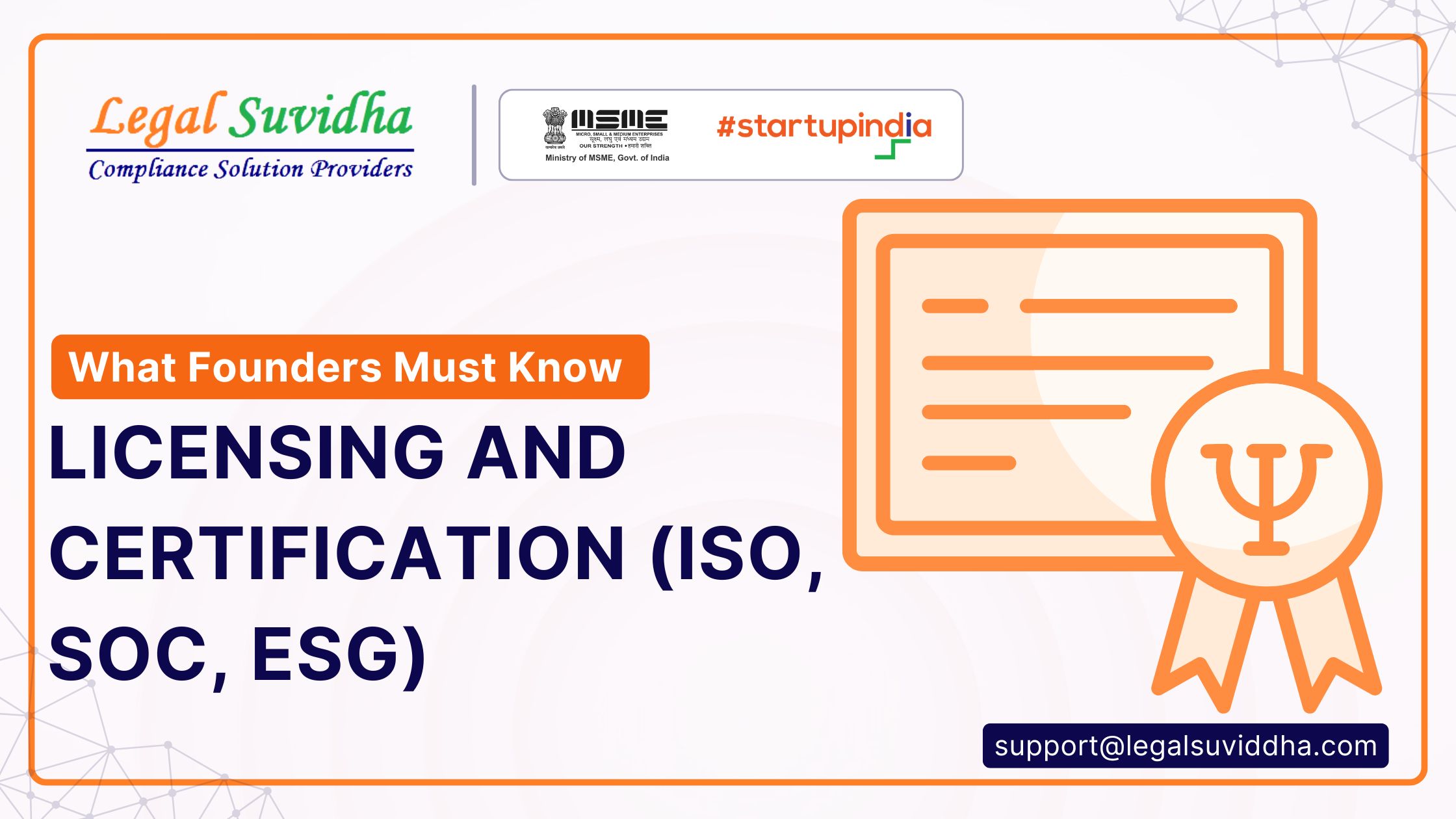GST litigation refers to legal disputes that arise from the interpretation and implementation of GST laws. These disputes can be complex and time-consuming, and businesses often face several challenges in resolving them. Some of the common challenges faced by businesses in GST litigation include a lack of clarity in GST laws, multiple authorities involved in the process, delay in resolving disputes, and high penalties and interest charges for non-compliance.
Under GST laws, there are various types of notices that businesses may receive from the tax authorities for non-compliance or other issues related to GST. Some of the common types of notices under GST are:
- Notice for Registration: If a business is required to register under GST but fails to do so, the tax authorities can issue a notice for registration.
- Notice for Return Filing: If a business fails to file GST returns within the prescribed time limit, the tax authorities can issue a notice for return filing.
- Notice for Payment of Tax: If a business fails to pay GST liability within the prescribed time limit, the tax authorities can issue a notice for payment of tax.
- Show Cause Notice: A show cause notice is issued to a business when the tax authorities have reasons to believe that the business has contravened any provisions of GST laws. The notice requires the business to explain why legal action should not be taken against them.
- Notice for Assessment: If the tax authorities have reason to believe that a business has not correctly reported its GST liability, they can issue a notice for assessment to determine the correct tax liability.
- Notice for Audit: A notice for audit can be issued by the tax authorities to a business for conducting a GST audit to verify compliance with GST laws.
- Notice for Demand and Recovery: If a business fails to pay GST liability despite receiving notices for payment of tax, the tax authorities can issue a notice for demand and recovery of the outstanding amount.
It is important for businesses to respond to these notices within the prescribed time limit and take necessary steps to resolve any issues related to non-compliance with GST laws.
When a business receives a notice from the tax authorities under GST laws, it is essential to respond promptly and carefully to avoid penalties or legal consequences. Here are some steps that businesses can take to respond to GST notices:
- Understand the Notice: The first step is to carefully read and understand the notice received from the tax authorities. The notice will contain information about the nature of the non-compliance or issue and the deadline for responding.
- Consult with Experts: Seeking advice from a chartered accountant or tax consultant can be helpful in understanding the notice and taking appropriate steps to respond. They can provide guidance on the legal implications and help prepare a response.
- Respond within the Deadline: It is crucial to respond within the deadline mentioned in the notice. Failure to respond within the deadline can lead to penalties or legal consequences.
- Provide Complete and Accurate Information: The response to the notice should provide complete and accurate information to the tax authorities. It is essential to provide all relevant details, documents, and evidence to support the response.
- Maintain Records: It is important to maintain records of all communication with the tax authorities related to the notice. This includes copies of the notice, response, and any supporting documents.
- Follow Up: If the tax authorities do not respond within the prescribed time limit, it is advisable to follow up with them to ensure that the matter is resolved.
By following these steps, businesses can respond to GST notices effectively and avoid penalties or legal consequences.
Filing an appeal against a demand order on the GST portal is a convenient and efficient way to initiate the appeal process. Here are the steps to file an appeal to the Appellate Authority on the GST portal:
- Login to the GST Portal: The first step is to log in to the GST portal using valid credentials.
- Go to Services: Once logged in, go to the ‘Services’ tab on the dashboard.
- Select User Services: Under the ‘Services’ tab, select ‘User Services.’
- Select the Appeal to Appellate Authority: Under ‘User Services,’ select ‘Appeal to Appellate Authority.’
- Select the Form: Select the relevant form depending on the type of appeal to be filed. For example, Form GST APL-01 for filing an appeal against an order.
- Fill in the Details: Fill in the required details such as GSTIN, name of the appellant, date of order against which the appeal is being filed, and the grounds of appeal.
- Upload Supporting Documents: Upload all supporting documents in PDF format, including a copy of the demand order, any communication with the tax authorities, and any other relevant documents.
- Preview and Submit: After filling in all the details and uploading the documents, preview the appeal form and ensure that all the information is accurate. Once verified, submit the appeal.
- Make the Payment: After submitting the appeal, pay the applicable fee through the GST portal.
- Track the Status: After submission, track the status of the appeal on the GST portal. The status can be checked under the ‘Services’ tab, then ‘User Services,’ and ‘View My Filed Forms.’
By following these steps, businesses can file an appeal to the Appellate Authority on the GST portal effectively and efficiently.
GST adjudication process –
Under the GST regime, adjudication refers to the process of resolving disputes between taxpayers and tax authorities. Here is a brief overview of the GST adjudication process:
- Show Cause Notice (SCN): The process begins with the issuance of a show cause notice (SCN) by the tax authorities to the taxpayer when they suspect non-compliance with the GST law.
- Response to SCN: The taxpayer must submit a response to the SCN within the specified time frame, presenting their case and providing supporting documents.
- Adjudication Order: After considering the taxpayer’s response and evidence, the tax authorities will issue an adjudication order. This order may impose penalties or additional tax liability, or dismiss the SCN if no violation is found.
- First Appeal: If the taxpayer is not satisfied with the adjudication order, they can file a first appeal with the Appellate Authority within three months of the date of the order.
- Second Appeal: If the taxpayer is not satisfied with the decision of the Appellate Authority, they can file a second appeal with the Appellate Tribunal within three months of the date of the first appeal order.
- Further appeals: If either party is not satisfied with the decision of the Appellate Tribunal, they can file a further appeal with the High Court or Supreme Court within 180 days of the date of the Appellate Tribunal order.
The adjudication process can be complex and time-consuming, so it is important for taxpayers to respond promptly and carefully to any notices or orders received from the tax authorities to avoid penalties or legal consequences.
GST litigation management –
GST litigation management refers to the process of managing and resolving disputes or legal challenges related to GST compliance. It is important for businesses to have effective litigation management strategies in place to minimize risks and avoid penalties or legal consequences.
Here are some key steps for effective GST litigation management:
- Compliance: The first step in effective litigation management is to ensure that the business is fully compliant with all GST regulations and requirements. This can help to minimize the risk of disputes and legal challenges.
- Documentation: Proper documentation is essential for effective litigation management. Businesses should maintain accurate and up-to-date records of all GST-related transactions and activities.
- Review: Regular reviews of GST compliance can help to identify any potential issues or areas of concern before they become major problems. This can help to avoid disputes and legal challenges.
- Prompt action: If a dispute or legal challenge arises, prompt action is essential. Businesses should respond to any notices or orders from tax authorities in a timely and comprehensive manner, and seek legal advice if necessary.
- Appeals: If the business receives an unfavorable adjudication order, it may be necessary to file an appeal. Effective litigation management involves careful preparation and presentation of the case, with the aim of achieving a favorable outcome.
- Continuous improvement: Effective litigation management is an ongoing process. Businesses should regularly review and improve their compliance and documentation processes to minimize the risk of disputes and legal challenges in the future.
By following these steps, businesses can effectively manage GST litigation and minimize the risk of penalties or legal consequences.
If You have any query then connect with us at [email protected] or you can contact us & stay updated with our latest blogs & articles.








